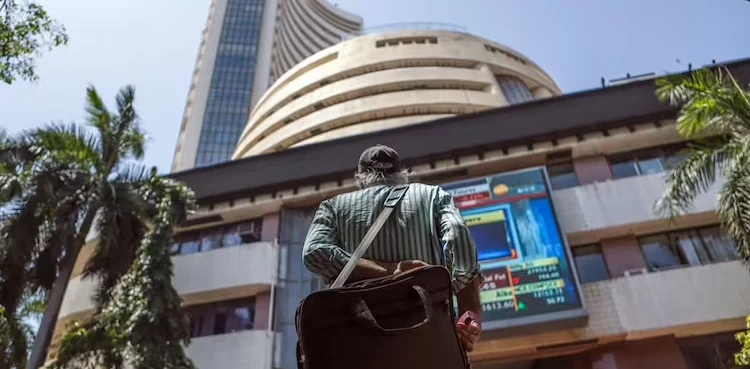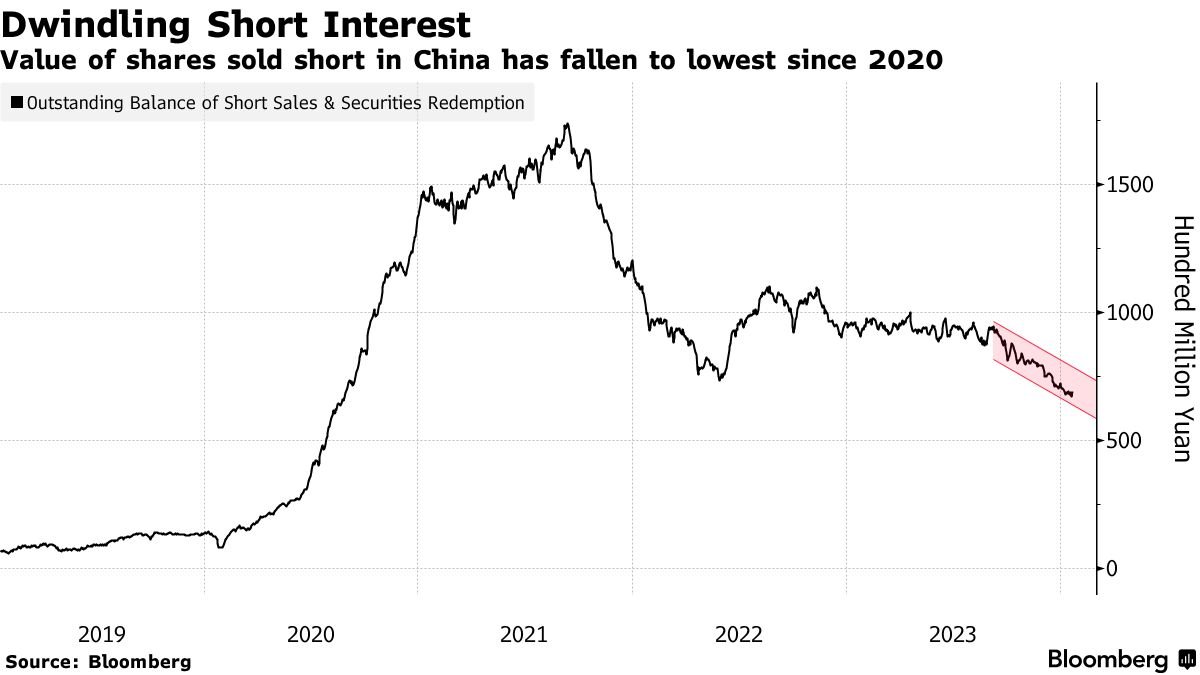In the wake of escalating tensions between India and Pakistan, the Indian economy has taken a significant hit, with the Indian government reportedly losing $83 billion so far due to the ongoing conflict. The rising uncertainty surrounding the situation has sent shockwaves through the Indian stock markets, further deepening the economic crisis.
The Economic Fallout of India’s Aggression
According to Reuters, Pakistan’s measured response to India’s actions has had a profound impact on India’s financial markets. The stock market, already dealing with global volatility, has been rattled by the mounting tensions on the border. The Indian government’s aggressive stance has created a sense of unease in the stock market, triggering a significant downturn.
Financial experts are concerned that further retaliatory actions from Pakistan could lead to an even greater economic downturn. Avinash Gorkashka, head of ProfitMart Securities, warned that if the situation continues to escalate, it could lead to a protracted and all-out war,which would only worsen the financial instability.
A Devastating Impact on Indian Stock Indices
Indian stock markets have experienced a sharp decline, with indices falling by approximately 0.5% on Thursday alone. Over the course of the week, the overall decline has reached 1.3%. The downturn is widespread, affecting almost every sector of the economy.
Reuters reported that twelve out of the thirteen major sectors in the Indian stock market are currently in a state of decline. This broad-based market weakness is a reflection of the growing concerns among investors about the potential economic fallout from the ongoing geopolitical tensions.
Foreign Investors Losing Confidence
The decline in the stock market has been accompanied by a growing lack of confidence among foreign investors. With the situation on the Indo-Pakistan border becoming increasingly volatile, international investors are beginning to question the stability of India’s financial markets. The rising geopolitical risk is forcing investors to reconsider their positions in the Indian market, exacerbating the downward pressure on share prices.
A Bleak Outlook for Indian Rupee
In addition to the slump in the stock market, the Indian rupee has also come under significant pressure. In the span of just two days, the rupee has depreciated by 1.25 rupees against the US dollar. This decline further underscores the economic uncertainty in India, as the currency loses value amidst rising geopolitical tensions and market panic.
Foreign media sources suggest that much of the fear surrounding the Indian economy is driven by the spread of misinformation in the Indian media. Reports and rumors about the ongoing conflict, often exaggerated or misreported, have added fuel to the fire, leading to further anxiety among investors.
The Broader Impact of Tensions
The economic impact of the Indo-Pakistan tensions is not limited to the stock market alone. The uncertain environment has caused a ripple effect throughout the Indian economy, with sectors ranging from manufacturing to services feeling the pressure. The continued volatility in the stock market is likely to affect consumer confidence and spending, which could further exacerbate the nation’s economic challenges.
India’s war rhetoric has resulted in a more unpredictable economic landscape, with both domestic and international markets reacting negatively to the prospect of an all-out conflict. The continued uncertainty has cast a shadow over India’s future economic growth prospects, as businesses and investors alike remain cautious.
A Wake-Up Call for India
The $83 billion loss in India’s economy serves as a stark reminder of the profound impact that geopolitical tensions can have on financial markets. The growing anxiety in India’s stock markets, the decline of the Indian rupee, and the exodus of foreign investors are clear indicators of the economic toll the ongoing crisis is taking on the nation.
As tensions between India and Pakistan continue to rise, it remains to be seen how the Indian government will navigate this challenging economic landscape. However, the current situation highlights the importance of diplomatic efforts and conflict resolution to avoid further economic devastation. The Indian economy, already struggling with numerous challenges, cannot afford the additional burden of prolonged geopolitical instability.



